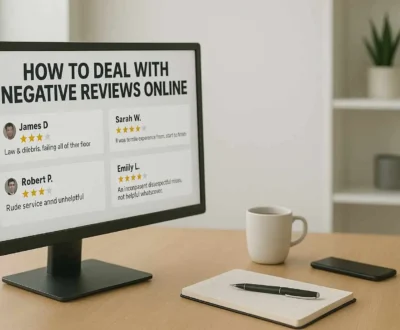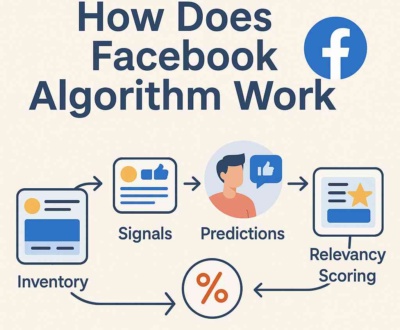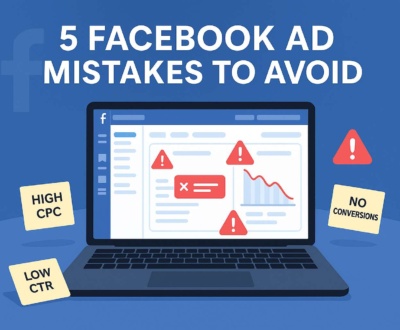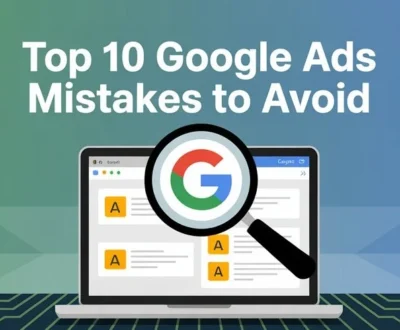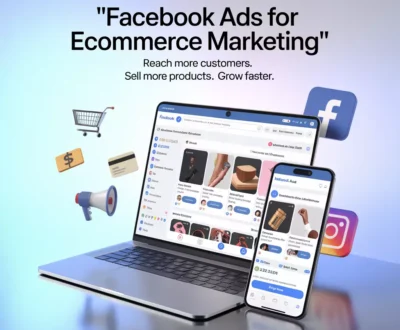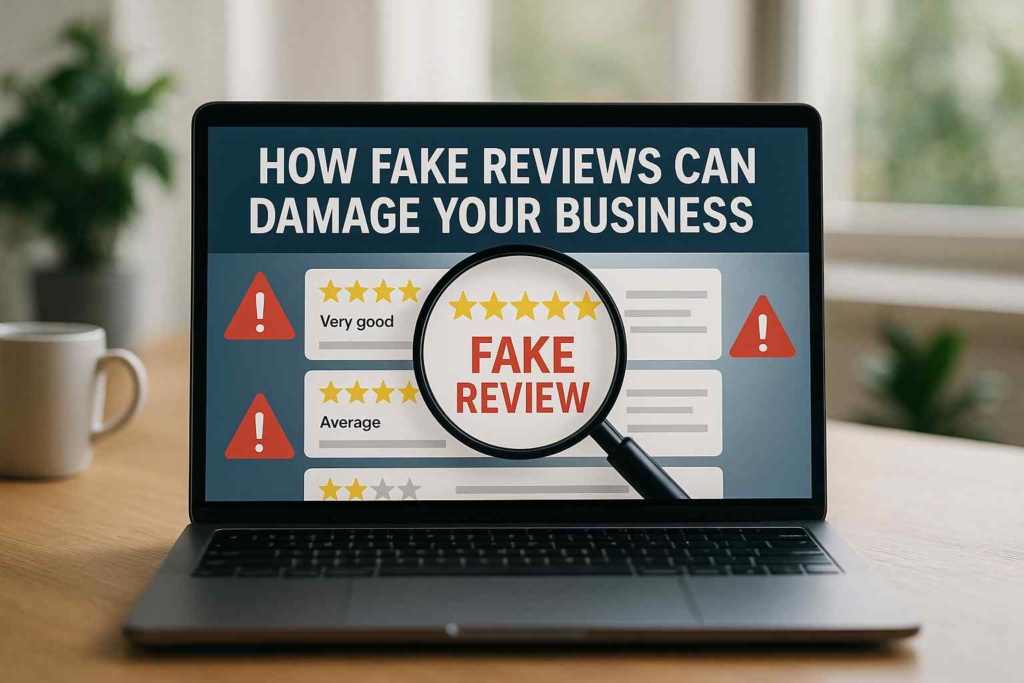
In today’s digital world, online reviews can significantly impact a business’s success. Whether you’re running a local shop, an eCommerce store, or a service-based business, customer reviews are one of your most powerful marketing tools. But what happens when those reviews are fake?
Many businesses underestimate the danger of fake reviews, whether they’re positive reviews intended to boost their image or negative ones posted by competitors or unhappy former employees.
Either way, they can lead to a major loss of trust, penalties from review platforms, legal trouble, and a damaged reputation.
In this article, we’ll explore how fake reviews can hurt your business, how to identify them, and what you can do to protect your brand.
What Are Fake Reviews?
Fake reviews are written without a genuine customer experience. They are often posted by:
- The business itself needs to boost its reputation
- Competitors to lower your rating
- Freelancers or bots are paid to write fake positive/negative reviews
- Angry ex-employees or clients posting malicious feedback
Fake reviews do not reflect actual experiences and are a form of deception that misleads customers.
Why Businesses Use Fake Reviews
1. To Gain Trust Quickly
Startups and new businesses sometimes attempt to build quick credibility by buying fake 5-star reviews. These reviews help them rank higher in search results and seem trustworthy to first-time visitors.
2. To Attack Competitors
Some businesses engage in unethical practices by hiring people to post fake negative reviews on their competitors’ listings. This tactic can unfairly hurt the competitor’s credibility and drive customers away.
3. To Manipulate Search Engine Rankings
Platforms like Google Maps, Amazon, and Yelp factor in reviews when ranking businesses in search results. By artificially increasing the number of reviews and star ratings, businesses try to game the system.
How Fake Reviews Can Damage Your Business
Let’s break down the direct and indirect consequences of using—or becoming a victim of—fake reviews.
1. Loss of Consumer Trust
Trust is the cornerstone of online business. When customers discover that your reviews are fake or manipulated, they lose trust in your entire brand, not just a single product or service.
Surveys show that more than 90% of consumers read reviews before making a purchase. If they suspect fake feedback, they are far less likely to buy from you and more likely to share their skepticism with others.
2. Platform Penalties
Review platforms have strict guidelines:
- Google My Business can suspend your profile or remove your business listing.
- Amazon may delete products, restrict sellers, or permanently ban accounts.
- Yelp flags businesses with a “Consumer Alert” warning if fake reviews are detected.
These actions can result in a massive drop in visibility, sales, and customer engagement.
Example: In 2022, Amazon removed more than 200 million suspected fake reviews and suspended thousands of seller accounts.
3. Legal Ramifications
Fake reviews can lead to civil lawsuits and government penalties.
- The Federal Trade Commission (FTC) in the United States considers fake reviews a deceptive marketing practice and may fine businesses.
- The Competition and Markets Authority (CMA) in the UK has also penalized companies found posting misleading online reviews.
Case Study: In 2019, the FTC fined a skincare company $12.8 million for using fake reviews to promote its products.
4. Negative Press Coverage
If you get caught using fake reviews, it can lead to public backlash. News websites, social media users, and industry influencers may call out your business, harming your long-term image and customer base.
The damage to your brand reputation can be far more severe than any short-term benefit you gain from fake reviews.
5. Decreased Employee Morale and Internal Conflicts
When fake reviews are part of your business strategy, it sends the wrong message to employees about honesty and ethics. This can hurt morale and create internal conflicts, especially among team members who value transparency.
6. Poor Decision-Making Based on False Data
Genuine reviews help businesses improve. Fake reviews skew customer feedback, leading to poor product or service decisions. Without real customer input, businesses miss opportunities to identify weaknesses or refine offerings.
How to Identify Fake Reviews
Being able to spot fake reviews is essential to maintaining the credibility of your review system and also monitoring your competitors.
Common Signs of Fake Reviews
- Reviews with overly generic comments like “Great product!” with no specifics
- A sudden spike in positive or negative reviews within a short time
- Reviewers who have left only one review and have no profile image
- Multiple reviews posted from the same IP address or location
- Repetitive language or keywords across different reviews
Tools to Detect Fake Reviews
- Fakespot: Analyzes product and business reviews across platforms
- ReviewMeta: Checks review authenticity (especially useful for Amazon)
- Google’s Review Flagging Feature: Allows reporting suspicious reviews
- Yelp’s Activity Feed: Shows patterns of suspicious reviewer behavior
What to Do If You Receive a Fake Review
Step 1: Stay Calm and Professional
Avoid reacting emotionally. Do not argue with or accuse the reviewer in public replies.
Step 2: Report the Review
Each platform offers a process for reporting:
- Google My Business: Click “Report review” under the review in question.
- Yelp: Use the business dashboard to report content.
- Amazon: Report via Seller Central with supporting evidence.
- Facebook: Use the dropdown menu on the review for reporting.
Step 3: Respond Carefully (if necessary)
Craft a professional response that shows your willingness to address feedback. If it’s fake, you can say:
“We’re unable to verify your experience with our business. We take all customer concerns seriously and welcome direct communication.”
This response protects your image while maintaining a professional tone.
How to Prevent Fake Reviews from Hurting Your Business
1. Focus on Earning Genuine Reviews
- Encourage satisfied customers to leave honest reviews through post-purchase emails, SMS, or loyalty rewards.
- Make it easy for users to review your product or service by providing direct links.
2. Monitor Your Reviews Regularly
Use tools like Google Alerts, Trustpilot, Mention, and ReviewTrackers to stay on top of new reviews across different platforms.
3. Build a Review Policy for Your Team
Have clear internal guidelines for:
- How to ask for customer reviews
- How to respond to negative feedback
- What to do if fake reviews appear
Train your marketing and customer service team on ethical review practices.
4. Consider Legal Advice for Severe Cases
If fake reviews are part of a smear campaign or contain defamatory content, consult a legal professional. You may be able to:
- File a cease and desist letter
- Issue a legal takedown request
- Pursue a defamation lawsuit
Conclusion
Fake reviews may offer a shortcut to better ratings or a way to harm competitors, but the long-term consequences are serious. From lost trust and platform penalties to legal troubles and media exposure, the risks far outweigh the rewards.
Businesses that succeed in the long term are those that prioritize authenticity, encourage genuine feedback, and maintain transparency in every customer interaction.
If you suspect fake reviews are harming your brand, act swiftly. Monitor your online presence, report misleading content, and stay committed to ethical review practices.
Invest in long-term trust, not short-term tricks.
About us and this blog
We are a digital marketing company with a focus on helping our customers achieve great results across several key areas.
Request a free quote
We offer professional SEO services that help websites increase their organic search score drastically in order to compete for the highest rankings even when it comes to highly competitive keywords.


